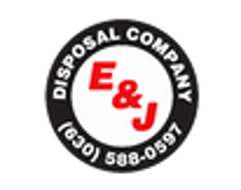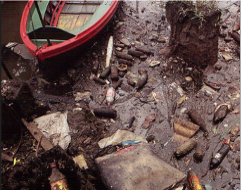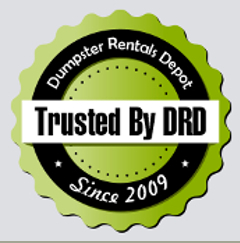Buy Green
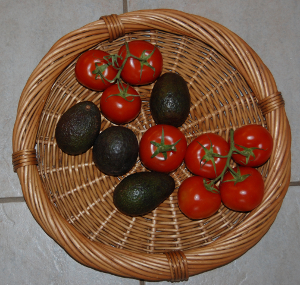
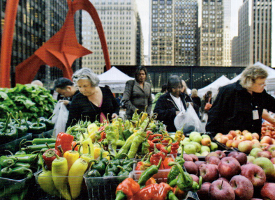
Buy Local
One of the best, and often most convenient, choices you can make for the environment is to shop in your own backyard. Buying locally reduces your carbon footprint by lessening your dependence on fossil fuel-based forms of transportation, like cars, trucks, planes, and cargo ships.
Buying local doesn't mean you go to a national chain store that happens to be a few blocks from your house. You want to seek out small businesses and individuals who make products in your area.
The idea of buying local can expand as you need it to, but mot too far. In other words, if you can't find what you need in your town or city, check out what your state or province has to offer. For certain large items, like cars or major appliances, you may have to think of a "local" product as anything made in your country. The idea is to choose goods and services that originate as close to where you live as possible.
Food for Thought
According to the Rodale Institute, an organization that seeks agricultural solutions to health and environmental issues such as global warming, each mouthful of food on American plates travels, on average, 1,400 miles (2,253 kilometers) before it is eaten. This may be partly why the most common item that green consumers in America buy locally is food. Land across the country is dedicated to farming, so it is relatively easy to find produce, eggs, milk, and meat from nearby sources. Many grocery stores carry locally grown and raised food because it's cheaper than importing items from other states or countries.
If your grocery store doesn't sell local produce (you can find out by speaking with the store manager), you still have options. Farmers' markets, for example, feature crops and other goods produced by small farms and community gardens. Another choice you can make is to shop at cooperative or natural-foods markets. These markets are known for offering a wide selection of locally produced, chemicalfree,
wholesome goods. Look in local newspapers or call your county agriculture department for the location of cooperatives and farmers' markets near you.
Even big cities like Chicago have farmers' markets, where bushels full of fresh, locally grown, organic produce are available.
Chemical-Free
Another benefit of buying locally grown food is those goods are often produced by small companies that use organic growing methods. This means the food has not been exposed to harmful chemicals that can generate greenhouse gases. For produce that is not locally grown, look for labels stating the food is "USDA Organic" or "Certified Organic."
You would be wise to choose organic food over non-organic, but know that the term "organic" means something different when it's not related to food. For instance, in cleaning products, organic can also refer to natural yet potentially hazardous chemicals, including carbon-based compounds.
If you are a dedicated green consumer, concerns over dangerous chemicals should affect your clothing purchases as well. Pants, shirts, dresses,and skirts that need to be dry-cleaned should be off-limits. Dry cleaning uses chemicals, such as perchloroethylene, that have been linked to global warming. Opt instead for cotton and wool, which are natural fibers that can be machine-washed. And when you wash them, use cool or cold water in order to save the energy used to heat hot-water washes.
From Blog Moderator: This blog post was prepared and published with help of Premium Disposal of Calgary, AB - Calgary Bin Rental roll off dumpster rentals company.
- Published: 2013-09-07T02:43:04-07:00
- Author: Victor Schmidt
